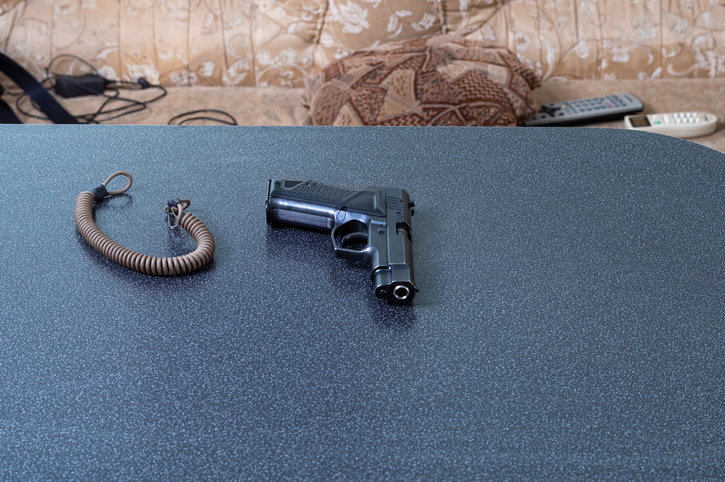
Firearm Possession After Conviction | Most states, including Minnesota, have laws prohibiting people who have been convicted of certain crimes from possessing firearms. In many cases where these laws are violated, the violation simply comes down to the person in question saying, “I didn’t know I couldn’t own that!” This post will provide information on who is able to own what.
First of all, what qualifies as a “firearm” under the law? It’s not just a weapon that uses gunpowder. Instead, a firearm includes any gun from which shot or a projectile is discharged by means of an explosive, gas, or compressed air, IF the gun is designed to pierce and harm the objects struck. Further, Minnesota courts have determined that the term includes a BB gun. However, you may be relieved to hear that the courts do have some common sense and have held that items such as a paintball gun are not a firearm for purposes of this law.
Second, who is prohibited from owning a firearm? Here are the most common categories of convictions that will render you ineligible, although keep in mind that, due to length, this list is not exclusive:
Persons convicted of certain gross misdemeanors. These include: crimes committed on behalf of a gang, assault motivated by bias, false imprisonment, neglect or endangerment of a child, fourth-degree burglary, setting a spring gun, and stalking. However, if three years pass since your conviction without you being convicted of any of these offenses in the meantime, the ban is lifted.
Kohlmeyer Hagen, Law Office
Mankato, Minnesota
507-741-6263